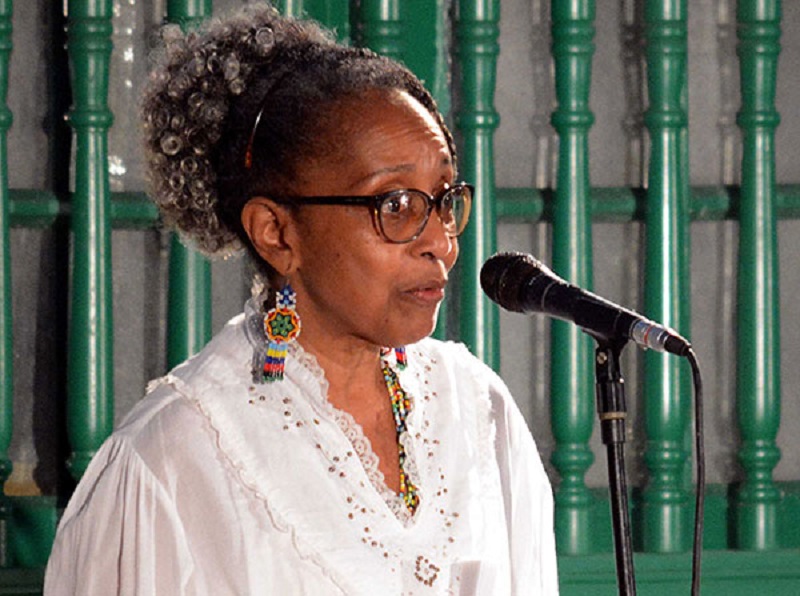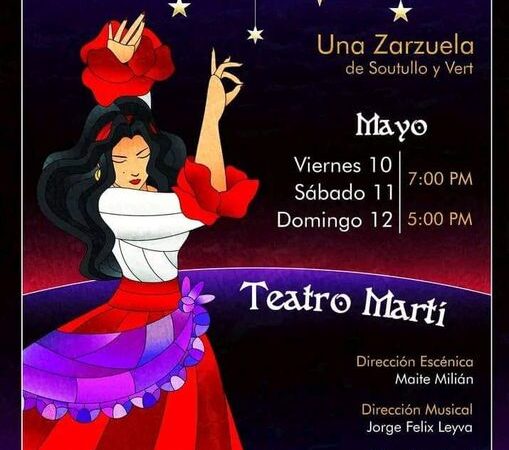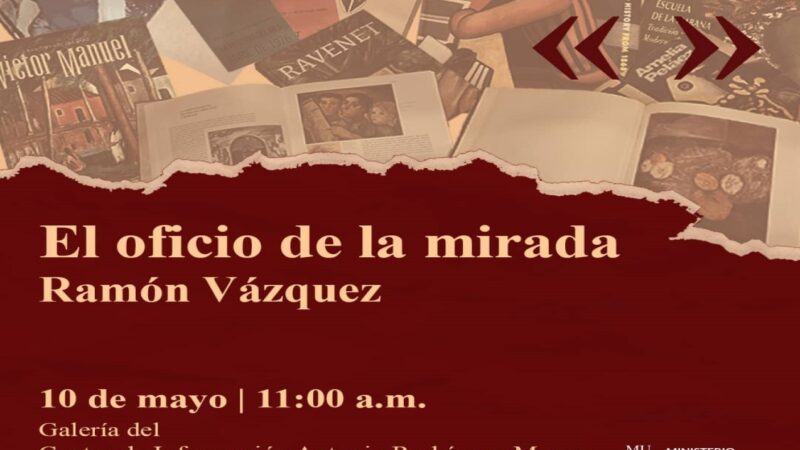Gloria Rolando, Negritude in Cuban Documentaries

This Cuban is not only a director, but also a researcher, scriptwriter and producer, one of the most active filmmakers in the documentary genre in Cuba.
She first studied at the Amadeo Roldán Conservatory, but in 1976 she graduated with a degree in art history and began working at the Cuban Institute of Cinematographic Art and Industry (Icaic), where she took postgraduate courses in cinema.
There she also gained experience as an assistant director for outstanding documentary filmmakers such as Santiago Álvarez, Enrique Colina, Bernabé Hernández, Rogelio París and Santiago Villafuerte, as well as fiction filmmakers such as Sergio Giral, Manuel Herrera and Pastor Vega.
Her work is marked by a strong influence of Afro-Cuban culture and, in general, black history. This can be seen in the audiovisual Hermanas de corazón, consisting of three episodes, the first of which, El Colegio San José, is based on the meeting of a group of black Cuban women in the city of Cárdenas, Matanzas, as they approach the past of an institution dedicated to the promotion of education before 1959.
The second, Las novias de Dios, is based on a photograph of four young black women and delves into the history of the Oblate Sisters of Providence, the first Catholic order of black nuns founded in 1829 in Baltimore, United States.
Meanwhile, Ángeles de la memoria explores the lives of black women in 20th-century Cuba.
Her documentary Oggún: un eterno presente takes a look at the Yoruba religion, its deities, customs and practices through the voice of a practitioner, the «godson» of Oggún, the warrior orisha par excellence.
Another title is El alacrán, a tribute to the Cuban musician Santos Domínguez Arango, founder in 1937 of the El Alacrán troupe, which represents the Cerro community in Havana’s carnival festivities.
Los ojos del arco arcoíris, from 1997, is about Assata Shakur, a leader of the class struggle against racism in the United States, who took refuge in Cuba.
The raíces de mi corazón, a feature-length documentary, deals with the 1912 massacre of six thousand members of the Partido Cubano Independiente de Color (Cuban Independent Party of Color) by the army of the pseudo-republic.
This is just a sample of the extensive filmography of Cuban documentary filmmaker Gloria Rolando, who was awarded the Sara Gómez Prize in 2007 by the National Council of Cultural Houses of Cuba.
Translated by Luis E. Amador Dominguez
Gloria Rolando, a renowned documentary filmmaker, with more than three decades dedicated to the seventh art, celebrates her 70th birthday on Tuesday, April 4.
This Cuban is not only a director, but also a researcher, scriptwriter and producer, one of the most active filmmakers in the documentary genre in Cuba.
She first studied at the Amadeo Roldán Conservatory, but in 1976 she graduated with a degree in art history and began working at the Cuban Institute of Cinematographic Art and Industry (Icaic), where she took postgraduate courses in cinema.
There she also gained experience as an assistant director for outstanding documentary filmmakers such as Santiago Álvarez, Enrique Colina, Bernabé Hernández, Rogelio París and Santiago Villafuerte, as well as fiction filmmakers such as Sergio Giral, Manuel Herrera and Pastor Vega.
Her work is marked by a strong influence of Afro-Cuban culture and, in general, black history. This can be seen in the audiovisual Hermanas de corazón, consisting of three episodes, the first of which, El Colegio San José, is based on the meeting of a group of black Cuban women in the city of Cárdenas, Matanzas, as they approach the past of an institution dedicated to the promotion of education before 1959.
The second, Las novias de Dios, is based on a photograph of four young black women and delves into the history of the Oblate Sisters of Providence, the first Catholic order of black nuns founded in 1829 in Baltimore, United States.
Meanwhile, Ángeles de la memoria explores the lives of black women in 20th-century Cuba.
Her documentary Oggún: un eterno presente takes a look at the Yoruba religion, its deities, customs and practices through the voice of a practitioner, the «godson» of Oggún, the warrior orisha par excellence.
Another title is El alacrán, a tribute to the Cuban musician Santos Domínguez Arango, founder in 1937 of the El Alacrán troupe, which represents the Cerro community in Havana’s carnival festivities.
Los ojos del arco arcoíris, from 1997, is about Assata Shakur, a leader of the class struggle against racism in the United States, who took refuge in Cuba.
The raíces de mi corazón, a feature-length documentary, deals with the 1912 massacre of six thousand members of the Partido Cubano Independiente de Color (Cuban Independent Party of Color) by the army of the pseudo-republic.
This is just a sample of the extensive filmography of Cuban documentary filmmaker Gloria Rolando, who was awarded the Sara Gómez Prize in 2007 by the National Council of Cultural Houses of Cuba.
Translated by Luis E. Amador Dominguez



